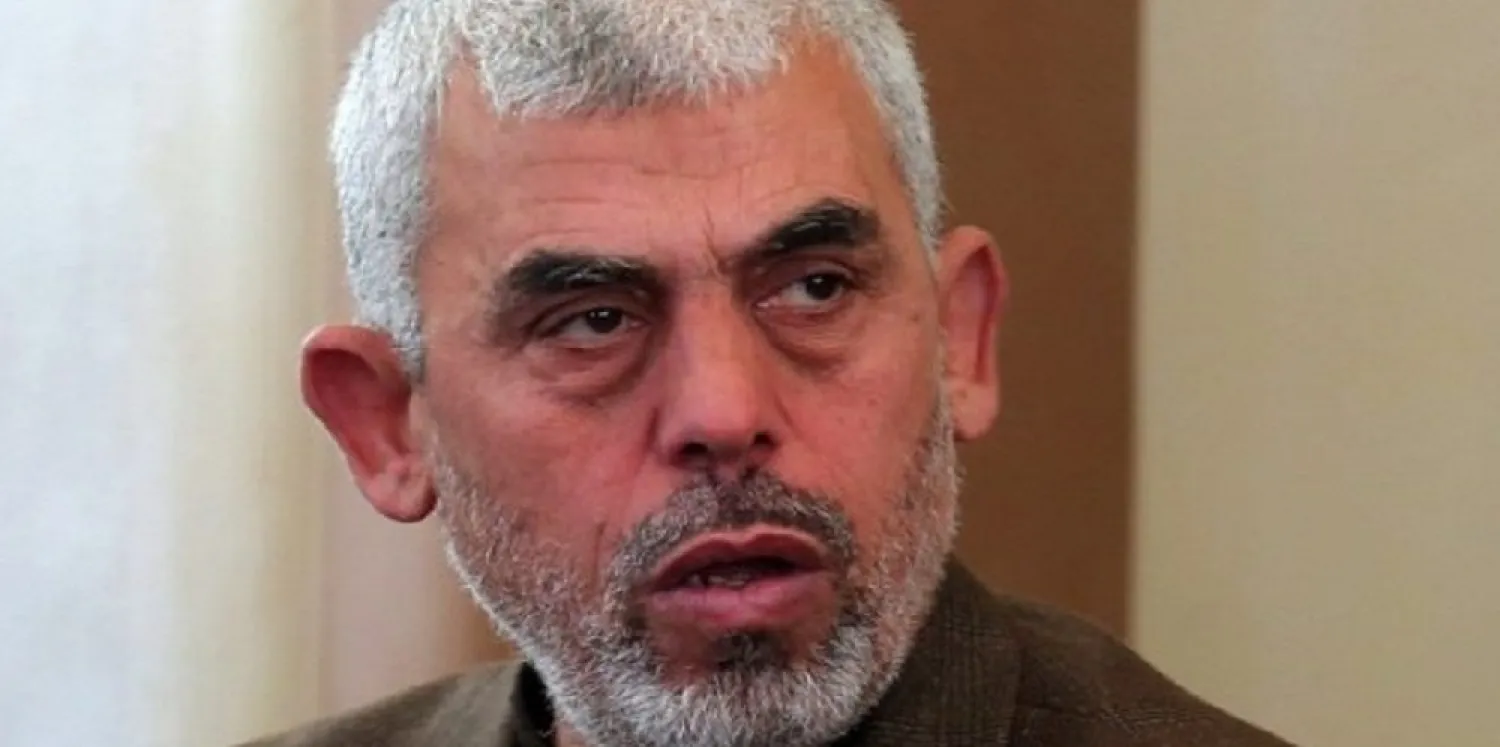Hamas leader in the Gaza Strip Yahya Sinwar has stated that the time to discuss the recognition of Israel as a state had elapsed, saying the movement is instead debating “when to wipe out Israel.”
Sinwar was responding to the US stance that rejects any Palestinian reconciliation without Hamas recognizing the state of Israel as a main condition in any future Palestinian government. This was disapproved by both Hamas and Fatah.
“Gone are the days of Hamas (discussing) the recognition of Israel. Now Hamas will discuss when we will wipe out Israel,” Sinwar said.
“Disarming us is like Satan dreaming of heaven. No one can take away our weapons,” he added.
Sinwar stated that the US-Israeli stance will make the future stage more difficult but Hamas won't back off from the reconciliation.
His comments followed the statement of US special envoy to the Middle East Jason Greenblatt, who said: “The United States reiterates the importance of adhering to the principles of the Quartet for the Middle East: any Palestinian government must unambiguously and explicitly commit to nonviolence, recognize the state of Israel, accept previous agreements and obligations between the parties – including to disarm terrorists – and commit to peaceful negotiations."
“If Hamas is to play any role in a Palestinian government, it must accept these basic requirements,” he added.
“Hamas must recognize Israel as a Jewish state and cease terrorism as per the Quartet's terms, dismantle its military wing, release the Israeli soldiers who have been held in Gaza and cut its ties with Iran,” announced the Israeli security cabinet.
Hamas considered Greenblatt’s statement a blatant interference in Palestinian affairs, while Fatah Revolutionary Council Secretary Majed al-Fatyani expressed rejection to the US stance.
Fatah sources told Asharq Al-Awsat that the movement will not ask Hamas to recognize Israel because it hasn’t done so either.









